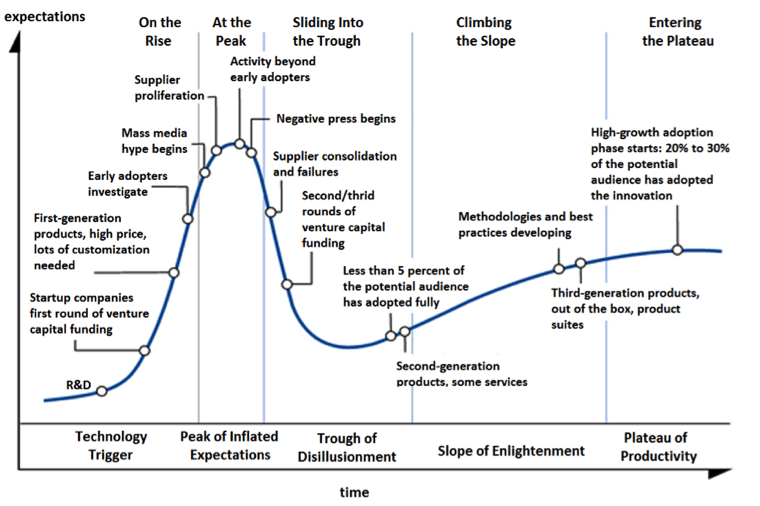Credit for MOOCs Is One Step in a Long Journey Toward Relevance
7 Colleges That Plan to Offer Credits for MOOCs
- University of Maryland University College
- Central Michigan University
- Western Carolina University
- State University of New York Empire State College
- Kaplan University
- American Public University
- Regis University
Seven colleges plan to offer massive open online courses (MOOCs) for credit as part of a study being conducted by the Bill & Melinda Gates Foundation and the American Council on Education. The study is examining demographics and teaching methods, and students who participate will earn college credits if they can demonstrate knowledge acquired from online courses.
At the University of Maryland University College (UMUC), students will be tested on the subject matter of MOOCs, reports Tricia Bishop in the Baltimore Sun:
UMUC has agreed to grant credit for six courses that closely match its own introductory offerings. But to get the credit, students will have to prove that they know the material. That can be done one of two ways: by taking a paid version of the course for $150 or less, which includes proctored exams, or by going through a rigorous "prior learning assessment" process at UMUC, which measures competency in a topic.
Marie Cini, provost and senior vice president for academic affairs at UMUC, made it clear that students’ knowledge will be verified. "I don't want anybody to think we're giving away credit," she told the Baltimore Sun.
As interest in MOOCs has risen, students have flocked to online courses. Coursera, for example, reached 1 million users faster than Facebook and Twitter and now boasts more than 4.5 million enrolled students. Nearly all of the courses are free, but until recently, they have not been available for credit. Bishop reports that “four of the MOOCs for which UMUC will grant credit are produced by Coursera.”
Have MOOCs Finally Made It?
The short yet eventful history of MOOCs is about to reach a breaking point. Studies like this will finally provide the evidence that academics, employers and students need in order to decide whether MOOCs can actually replace rather than just supplement a traditional college education. But as Jonathan Tapson points out on PandoDaily, “MOOCs vs. traditional [higher education] is not a sprint race; it is a marathon.”
Tapson looks to the Gartner Hype Cycle for answers. The Internet has already transformed several industries (music, most notably), and higher education seems to be a prime target for massive disruption. The Hype Cycle is a tool used by IT firm Gartner to track the success of disruptive technologies. As it applies to MOOCs, Tapson believes massive online learning has passed the “Peak of Inflated Expectations” and is headed toward the “Trough of Disillusionment.”

Credit: Wikimedia
But that isn’t necessarily a bad thing. Studies like the one discussed above will prove the benefits of MOOCs but will also unearth new challenges. As more data is gathered and processed, more colleges will likely begin giving credit for free courses, employers can start to assess the value of MOOC graduates and students can make informed choices about their education:
The kids of 2015 will not have seen any successful MOOCs graduates yet — certainly not successful in the career sense — but it will be a tempting option, and some of them will jump. The rich kids will still sign up for Harvard without a second thought.
And so it goes. This is the very slow tsunami of the title — a gradual but inexorably rolling change in societal and professional attitudes, pinned at one end by the bedrock certainty that the elite institutions produce the elite people, and pulled at the other end by the growing awareness that free isn’t necessarily junk, and it’s, well, free. It will take 10 or 20 years, and be imperceptible while it happens, like boiling a frog.
Harvard and Cambridge are safe, forever, for the same reason that some people still buy Rolls-Royce motor cars (no, I don’t know either, it’s a rich thing). For the mid-range institutions, there is probably a happy 10-year window in which they are safe and can continue in blissful ignorance.
Check out Tapson’s article to see a graph of his predictions for the future of MOOCs.
Credit for MOOCs is one step in a very long journey. How is your college handling the interest and growing demand for free or cheap online education? Let us know in the Comments section.







